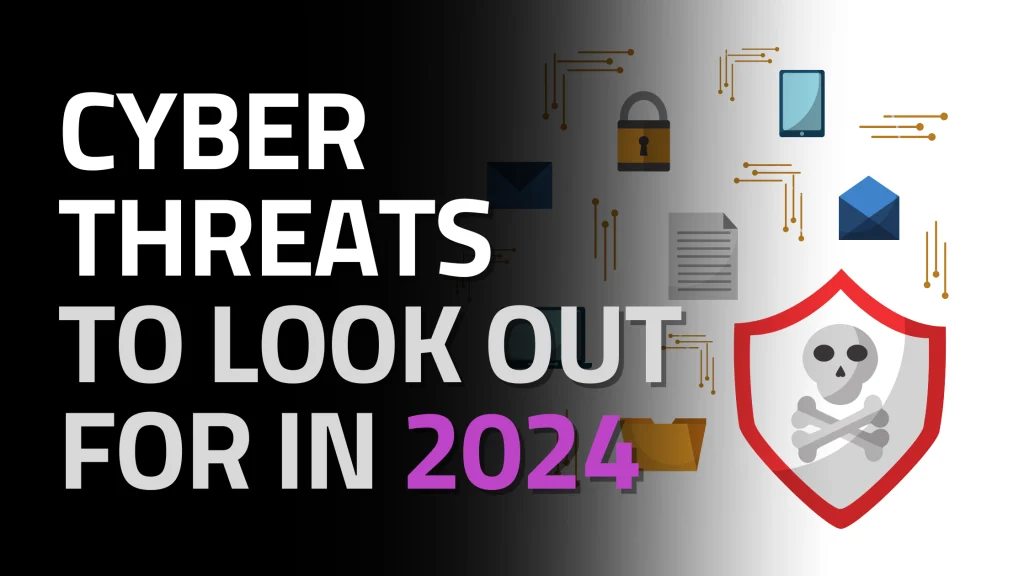What Are the New Cybersecurity Laws Coming in 2025?
Introduction: The Role of Government in Cybersecurity
As cyber threats continue to grow, governments worldwide are stepping up to regulate and enforce cybersecurity measures. This effort is more crucial than ever before. Governments are introducing new laws to protect data, secure critical infrastructure, and hold organizations accountable for security lapses. At PrivacyPulse, we delve into the new cybersecurity laws introduced in 2024 and their implications for businesses and individuals.

Newly Introduced Cybersecurity Laws and Regulations Worldwide
To combat the increasing sophistication of cyberattacks, several countries have implemented new laws in 2024 aimed at tightening cybersecurity standards and enhancing data protection. Here are some key laws introduced this year:
The Global Cybersecurity Act (GCA)
This international initiative has been adopted by multiple countries. It aims to create unified standards for protecting critical infrastructure, especially in the energy, transportation, and healthcare sectors. Notably, the GCA sets clear guidelines for risk assessments and incident reporting, encouraging global cooperation to counter cyber threats.
The EU Digital Security Directive (DSD)
The European Union introduced the DSD to strengthen existing cybersecurity measures. It now includes a broader range of digital service providers. This directive emphasizes personal data protection, requiring stricter compliance from cloud providers and online platforms.
U.S. Federal Cyber Resilience Act (FCRA)
The FCRA mandates that critical sectors like finance and healthcare adopt advanced cybersecurity frameworks in the United States. Ensuring data safety requires regular security audits, real-time monitoring, and adherence to zero-trust principles.
Key Compliance Requirements for 2024 Cybersecurity Laws

Each new law in 2024 has specific compliance requirements tailored to different sectors:
Global Cybersecurity Act (GCA)
- Affected Entities: Organizations in critical infrastructure sectors like power, healthcare, and transportation.
- Compliance Needs: Conduct bi-annual risk assessments, report incidents within 24 hours, and ensure mandatory cybersecurity training for employees.
EU Digital Security Directive (DSD)
- Affected Entities: Cloud providers, digital platforms, and organizations handling EU citizens’ personal data.
- Compliance Needs: Implement stricter privacy protocols, mandate data encryption, and appoint a Digital Security Officer to oversee compliance.
U.S. Federal Cyber Resilience Act (FCRA)
- Affected Entities: Businesses in critical industries, such as healthcare, finance, and telecommunications.
- Compliance Needs: Adopt a zero-trust architecture, perform annual third-party audits, and maintain real-time network monitoring.
How These Laws Help to Combat Cybercrime and Protect Data

The cybersecurity laws introduced in 2024 aim to strengthen defenses against evolving cyber threats. Here’s how they work:
Enhanced Accountability
These laws ensure businesses proactively secure their systems by requiring regular audits, risk assessments, and real-time monitoring. Consequently, organizations must take greater responsibility for data protection.
Improved Data Protection
Laws like the EU DSD emphasize encryption, transparency, and the appointment of privacy officers. As a result, they reduce the risk of data breaches and misuse, increasing individual data protection.
Global Cooperation for Cyber Defense
The GCA promotes international collaboration, understanding that cyber threats often cross borders. It fosters a coordinated global response to better handle cyberattacks.
Adoption of Zero Trust Security
With mandates like the FCRA’s focus on zero trust principles, businesses are encouraged to adopt a security-first approach. This means verifying every user and device before granting access, significantly reducing the likelihood of breaches.
What Businesses Must Do to Stay Compliant

To remain compliant with the new regulations, businesses must act proactively. Here are the key steps:
- Conduct Regular Audits: Regular audits and risk assessments help identify vulnerabilities and ensure law compliance.
- Appoint Security Officers: Designate responsible personnel and provide employees with proper cybersecurity training to meet compliance needs.
- Adopt Advanced Security Frameworks: Embrace zero-trust principles, implement real-time monitoring, and ensure data encryption aligns with the latest regulations.
Conclusion: Preparing for a Safer Digital Future
The new cybersecurity laws of 2024 represent a crucial step toward a more secure digital environment. However, businesses and individuals must take proactive steps to remain compliant. At PrivacyPulse, we emphasize staying informed and adapting to these evolving regulations. By doing so, organizations can protect their data and contribute to a safer digital world.



